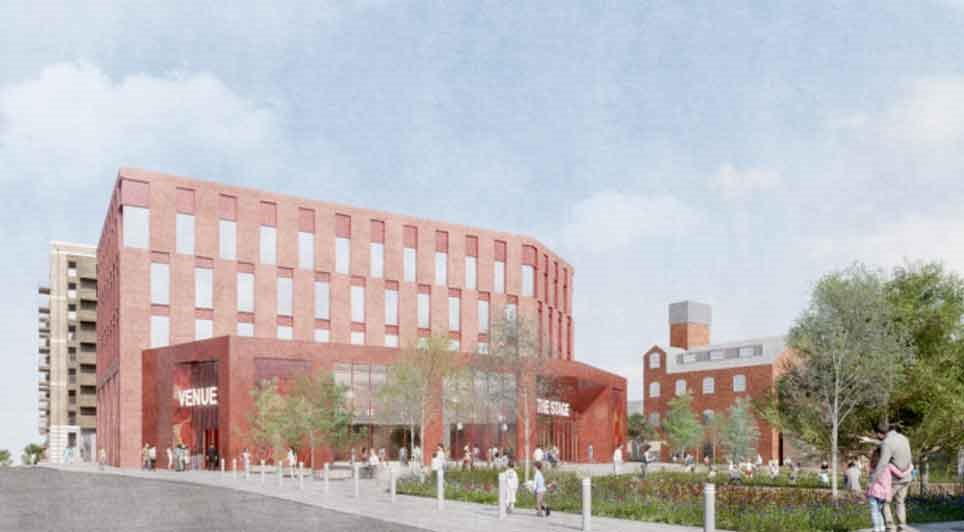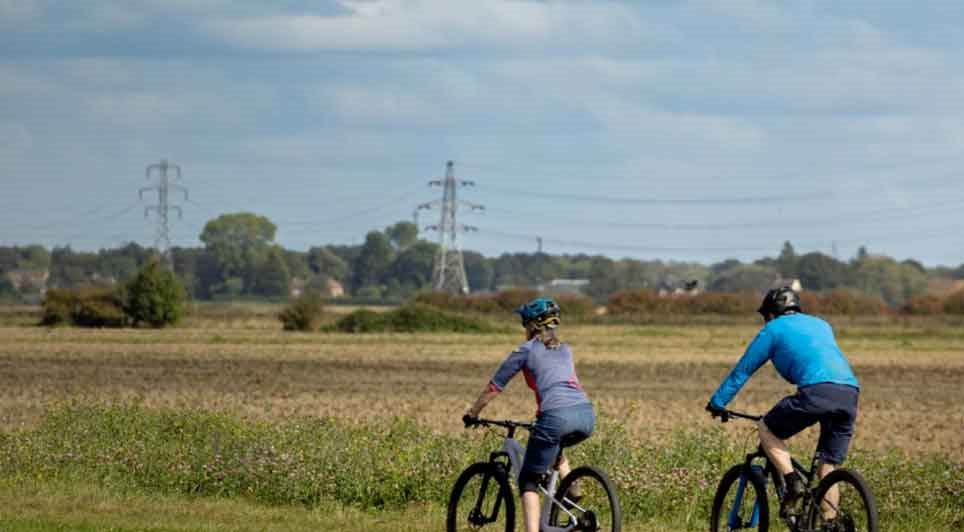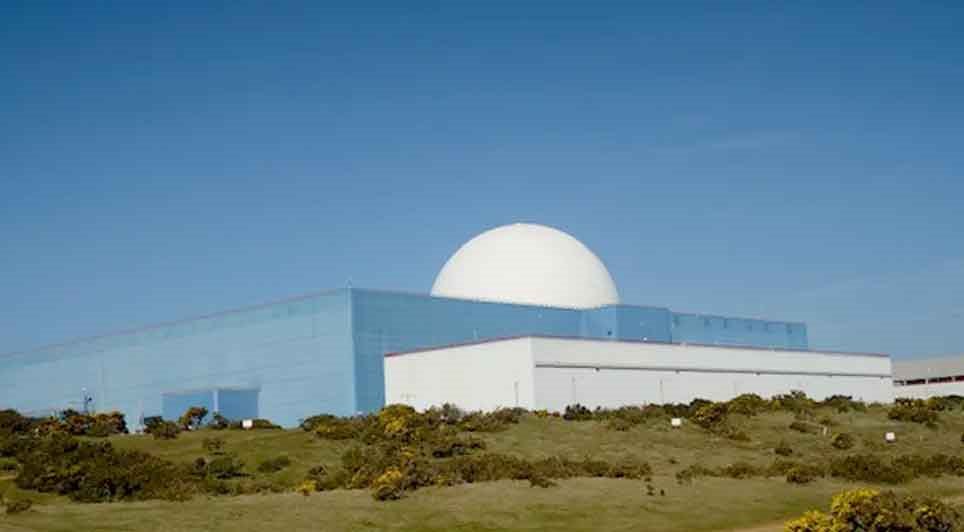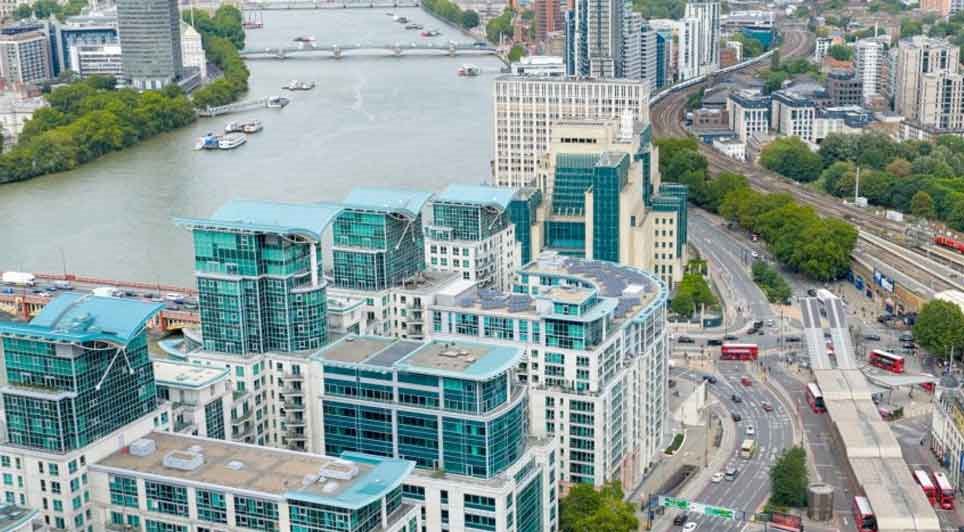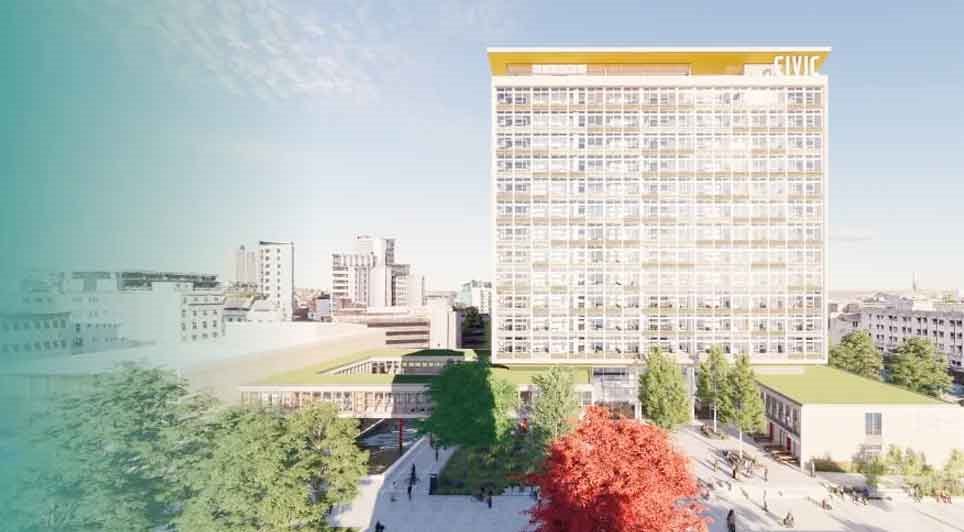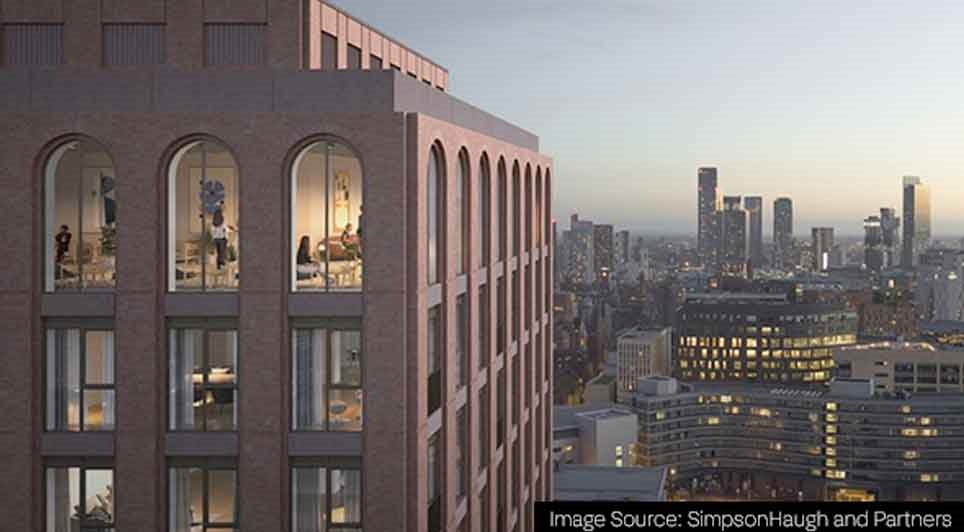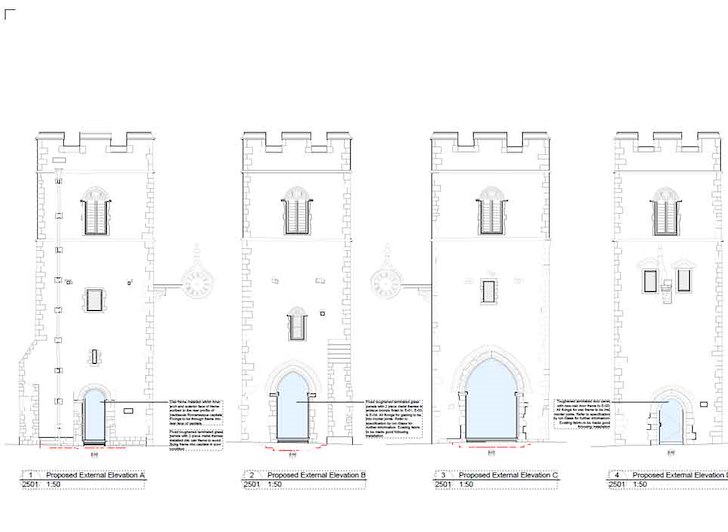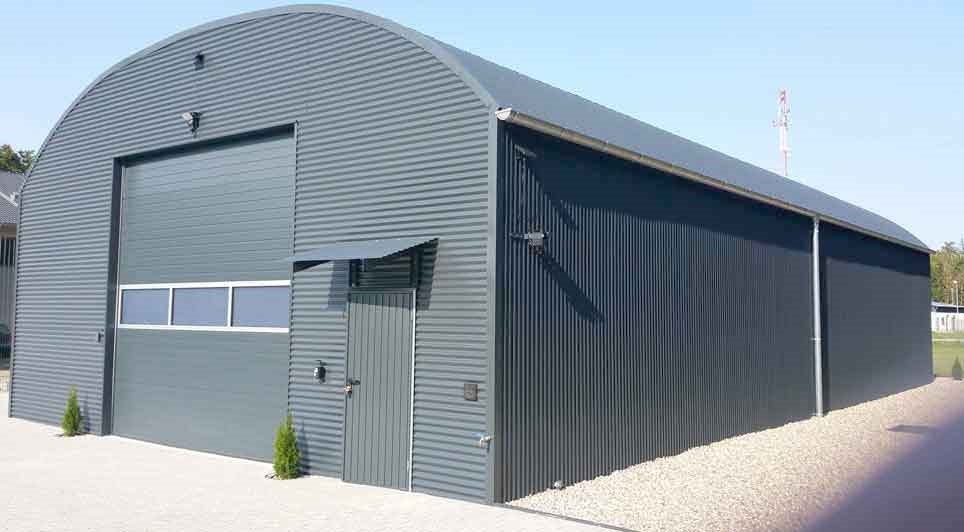Construction output rose by 0.9% in the 2nd quarter of 2018, according to the latest figures from the Office for National Statistics (ONS).
The statistics, published today, show that from April to June the sector output recovered from a 0.8% drop in the 1st quarter, January to March.
The quarter-on-quarter increase in construction output in Quarter 2 2018 was driven by a 2.7% increase in repair and maintenance work, with all new work remaining flat.
Following four consecutive months of contraction in the month-on-month series at the start of 2018, construction output increased by 1.4% between May and June 2018; this follows an increase of 2.9% between April and May 2018.
The June 2018 month-on-month growth in construction output was driven predominantly by the continued growth in infrastructure new work, which increased by 9.2%.
The monthly business survey, Construction output, collects output by sector from businesses in the construction industry within the UK. Output is defined as the amount chargeable to customers for building and civil engineering work done in the relevant period excluding Value Added Tax (VAT) and payments to sub-contractors.
The survey's results are used to produce seasonally adjusted monthly, quarterly and annual estimates of output in the construction industry at current price and at chained volume measures (removing the effect of changes in price).
Commenting on the latest figures, managing director of the national property consultancy and surveyors Naismiths, Blane Perrotton, said: "This is less a rebound than a Damascene conversion.
"Construction output in the second quarter didn't just creep back into positive territory – it rocketed back.
"True, this rapid swing underlines the construction industry's perennial reputation for volatility. But it also confirms that the woeful first quarter – which saw output shrink by 0.8% – was a weather-related blip rather than the start of a sustained slowdown.
"On the frontline we're seeing brisk levels of activity and optimism, especially in the buoyant regional markets of the North West, West Midlands and Bristol.
"Last week's PMI data suggested sentiment is firmly on the mend, and today's official output numbers give cause for further hope.
"But the picture is far from universally rosy. While infrastructure construction has found its feet again, and housebuilding – long the poster child for the industry as a whole – remains strong, public sector work is slowing badly.
"And while construction's return to form played an important part in lifting Britain's second quarter GDP figures, any celebrations would be premature.
"With even Cabinet ministers now suggesting that a no-deal Brexit is looking increasingly likely, the confidence-sapping prospect of a Brexit cliff edge will continue to be a brake on the industry as developers defer investment until there is greater clarity on what a non-EU UK will look like."
Mark Robinson, Scape Group Chief Executive, added: "The cautious optimism we have seen within the construction industry recently is continuing, with today's data showing a modest increase in construction output. It is particularly promising that housebuilding continues to remain a key contributing factor to higher levels of activity.
"Despite these encouraging signs it is concerning to see that publicly funded construction projects in the health and education sector are falling, and in June accounted for only 5.3% of total construction work. Our own research shows that there is significant demand for new school places, with 14,522 new secondary school classrooms required by academic year 2020/21. Innovative approaches to delivering the facilities we need is vital, and the sector needs to continue exploring the benefits of modular construction.
"Whilst the figures suggest the sector is returning to the more positive outlook we experienced at the end of 2017, there is anecdotal commentary that the recent good weather has benefitted output. This year has clearly demonstrated how susceptible the sector is to the seasons and we must prepare ourselves with a steady stream of new work as we head into the coming months."
(MH/CM)
 UK
UK Ireland
Ireland Scotland
Scotland London
London



